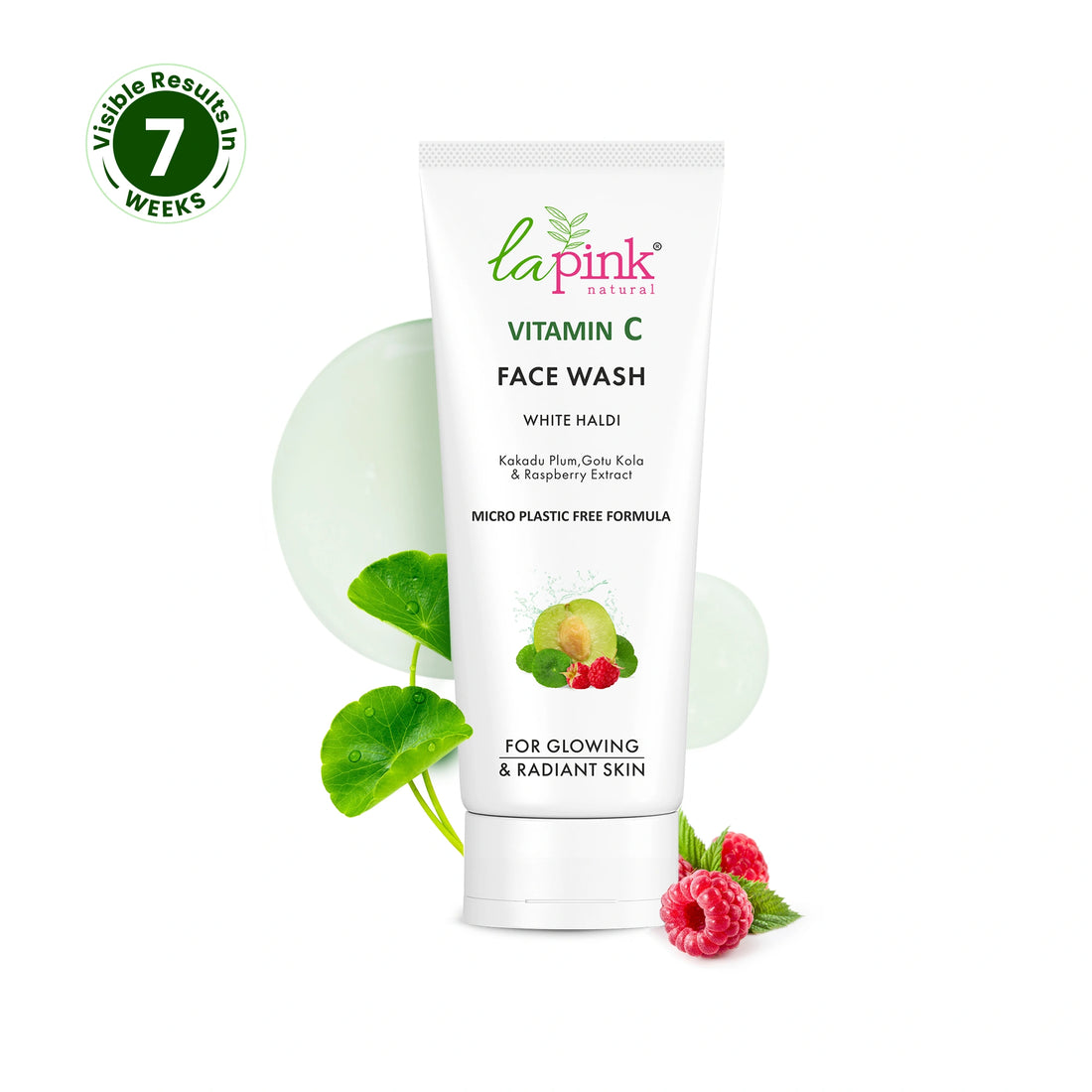Potential Benefits of Isopropyl Myristate
1. Provides a Smooth, Non-Greasy Texture
Isopropyl Myristate delivers a lightweight, silky skin finish that absorbs quickly without leaving behind a greasy residue. This makes it ideal for improving the feel of lotions, serums, and sunscreens. It enhances product usability, especially in hot, humid climates, by preventing that heavy or sticky sensation often left by richer oils.
2. Enhances Spreadability and Application
Due to its fluid, low-viscosity structure, IPM acts as a slip agent that helps products spread evenly across the skin. This improves the application experience and reduces the amount of product needed per use. It’s particularly useful in makeup and creams, allowing even layering and preventing caking or patchiness on the skin.
3. Boosts Penetration of Active Ingredients
One of IPM’s standout benefits is its ability to help active ingredients like retinol, niacinamide, or plant extracts penetrate deeper into the skin. Its lipophilic nature helps it interact with the skin’s lipid barrier, enhancing the delivery of oil-soluble compounds. This makes it a strategic choice in serums and treatment-based formulations.
4. Works as a Gentle Solvent
Isopropyl Myristate is used to dissolve other ingredients that may be difficult to blend into a formulation. This makes it a useful carrier oil in cleansing oils, makeup removers, and some exfoliating products. It helps break down dirt, sebum, and even waterproof cosmetics, aiding effective but gentle skin cleansing without stripping natural moisture.
5. Adds Moisture Without Clogging Pores
While comedogenic for acne-prone skin, IPM can be moisturizing and soothing for dry or mature skin types. It forms a soft occlusive layer that helps retain moisture and improve skin suppleness. This hydration-boosting action benefits those with rough, flaky, or tight-feeling skin in need of long-lasting emollient support.
6. Improves Product Shelf Stability
Because of its saturated, oxidation-resistant structure, IPM helps maintain the shelf life and stability of cosmetic formulations. It reduces the chance of rancidity or separation in oil-based products. This means formulations stay fresh longer and maintain consistent texture, appearance, and effectiveness throughout their intended use period.
How is Isopropyl Myristate Applied to Skincare?
1. Moisturizers (2–5%)
In creams and lotions, IPM is added at low levels to improve spreadability and provide a silky feel. It helps soften the skin without making it greasy, making it suitable for daily hydrating products targeting dry or normal skin types.
2. Sunscreens (3–10%)
Used to ensure the even distribution of UV filters, IPM enhances application and reduces the greasy texture that is common in sunscreens. It also improves water resistance and skin adherence, contributing to better performance and more comfortable wear during sun exposure.
3. Serums & Anti-Aging Creams (2–6%)
IPM helps deliver oil-soluble actives deeper into the skin by enhancing penetration. It’s used in moderate concentrations in anti-aging and treatment serums to improve texture while boosting the absorption of ingredients like retinol, peptides, or botanical oils.
4. Makeup Products (5–15%)
Found in foundations, primers, and concealers, IPM allows for smooth application and helps pigment spread evenly. Its silky finish minimizes caking and patchiness, offering a seamless base that adheres well to skin for long-lasting makeup wear.
Why is Isopropyl Myristate Popular Among Beauty Formulators?
- Excellent Skin Feel: IPM imparts a lightweight, silky, and non-greasy texture, enhancing the sensory appeal of creams, lotions, and makeup.
- Boosts Active Delivery: Its lipophilic structure helps carry oil-soluble actives deeper into the skin, improving the efficacy of treatment products.
- Enhances Spreadability: It improves product glide and uniform distribution, reducing the need for higher volumes of product per application.
- Acts as a Solvent: IPM dissolves difficult-to-blend ingredients, making it ideal in makeup removers, cleansing oils, and water-resistant products.
- Increases Product Stability: Its saturated structure resists oxidation, helping prolong shelf life and maintain product consistency over time.
- Cost-Effective and Versatile: IPM is affordable, easy to formulate with, and compatible with a wide range of ingredients and product types.
Possible Downsides of Isopropyl Myristate
1. Can Be Comedogenic
Isopropyl Myristate has a high comedogenic rating, meaning it can clog pores and trigger breakouts, especially in oily or acne-prone skin. Its ability to penetrate deep into pores can trap dirt and oil, worsening acne conditions.
2. May Cause Irritation or Sensitivity
In some individuals, IPM can cause mild irritation, redness, or itching—particularly in those with sensitive or compromised skin barriers. Reactions are uncommon but possible, especially when used in higher concentrations or on broken skin.
3. Overuse Can Disrupt Skin Balance
Frequent use in multiple products can potentially alter the skin’s natural lipid layer, leading to an imbalance. For certain skin types, this may result in dryness, overproduction of oil, or increased sensitivity over time.
4. Not Ideal for Acne-Prone Formulas
Because of its pore-clogging potential, many dermatologists advise avoiding IPM in formulations meant for acne treatment or prevention. Its inclusion in such products can counteract the benefits of active ingredients targeting blemishes or congestion.
5. Synthetic Origin May Not Suit Natural Skincare Preferences
Although derived partly from natural fatty acids, IPM is a chemically synthesized ester. This may not appeal to consumers seeking fully natural, organic skincare alternatives and could be avoided in clean or green beauty formulations.
Do You Know?
Isopropyl Myristate not only enhances skin feel but also plays a key role in reducing the “soaping effect”, a white, streaky residue that can occur when applying emulsions. By modifying the way emulsifiers interact with skin, IPM ensures a more elegant, streak-free application, especially in lotions and body creams. This subtle benefit makes it a favorite in high-performance, aesthetically refined formulations.





































































